MiCSTI currently has over 30 members led by the faculty director and associate directors. More details on Michigan Chemical Engineering faculty with research expertise in catalysis can be found here.
The MiCSTI leadership team includes:
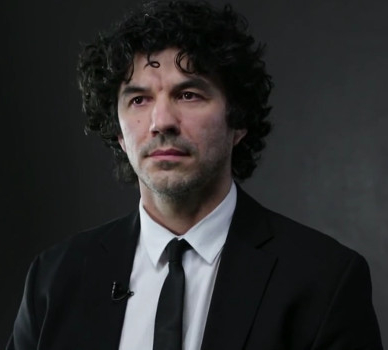 | 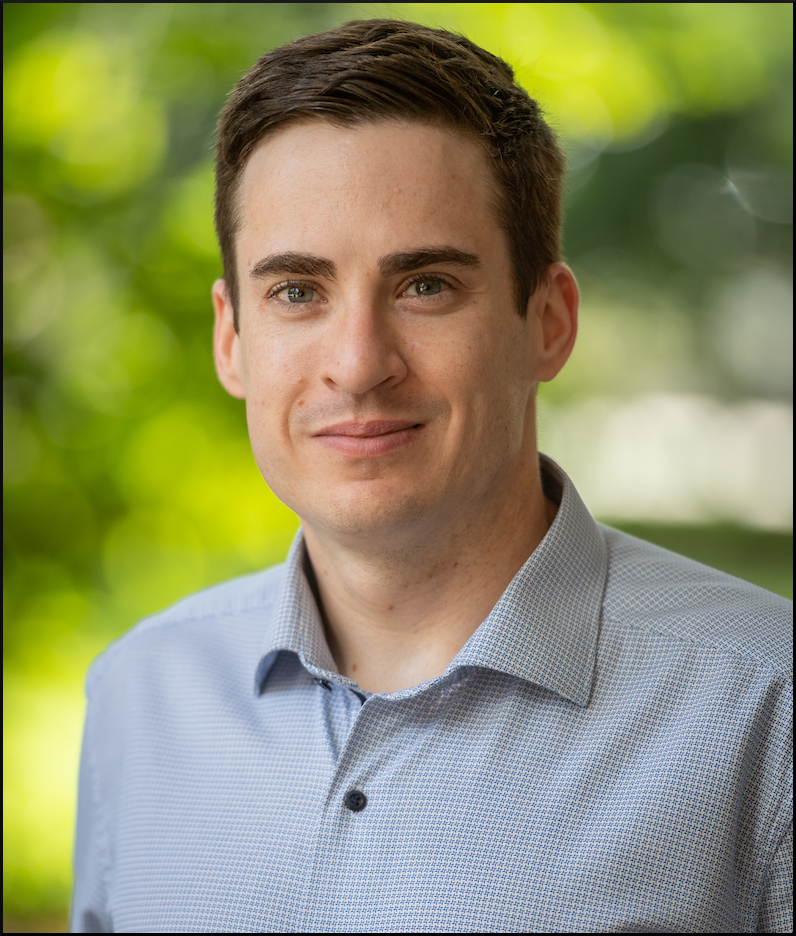 | 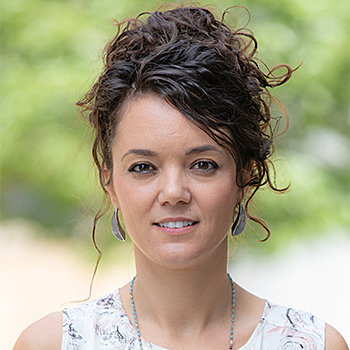 |
Suljo Linic, MiCSTI Director | Bryan R. Goldsmith | Eranda Nikolla |
| Martin Lewis Perl Professor of Chemical Engineering | Associate Professor of Chemical Engineering | Professor of Chemical Engineering |
| Webpage: Linic Lab | Webpage: Goldsmith Lab | Webpage: Nikolla Lab |
| Research: Develop predictive theories of surface chemistry related to heterogeneous catalysis, electrocatalysis, and photocatalysis using a range of experimental and theoretical tools. | Research: Theory, simulation, and data analytics to understand and design catalysts for use in sustainable fuel production, energy storage, and pollution reduction. | Research: Heterogeneous catalysis/electrocatalysis (e.g., ORR/OER; High-temperature H2O and CO2 electrolysis; Energy storage in alkaline metal air batteries; Hydrogenolysis of plastic waste; Thermal chemical reduction of CO2 to methanol) |
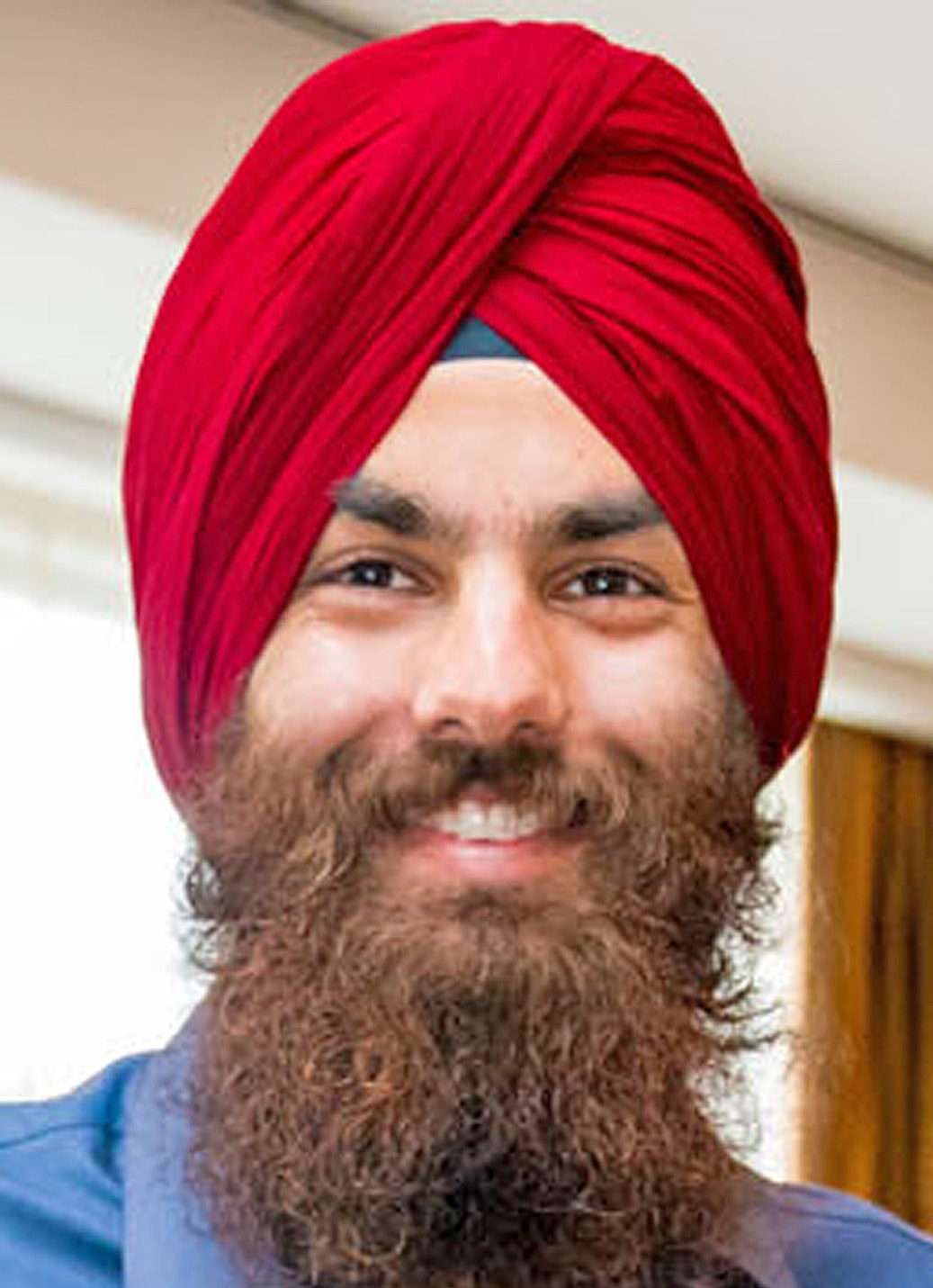 | 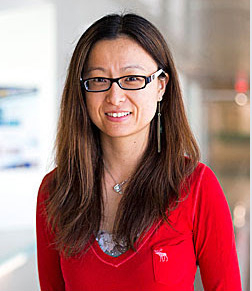 | 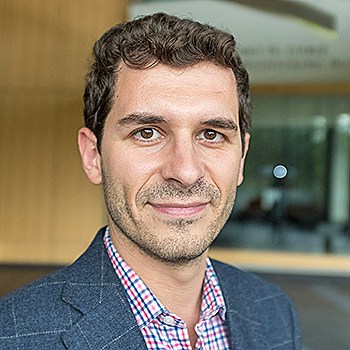 |
| Nirala Singh | Fei Wen | Jovan Kamcev |
| Assistant Professor of Chemical Engineering | Associate Professor of Chemical Engineering | Assistant Professor of Chemical Engineering |
Webpage: Singh Lab | Webpage: Wen lab | Webpage: Kamcev Lab |
| Research: We will develop new materials, find links between thermal catalysis and electrocatalysis, and use in situ spectroscopy of catalysts/ electrocatalysts under operating conditions to better understand surface chemical reactions. | Research: We engineer and assemble enzymes into ordered structures that enable the synergistic action of multiple enzymes with complementary activities to achieve high-performance cooperative catalysis. | Research: The Kamcev research group aims to develop next-generation polymeric materials (e.g., membranes and sorbents) for water treatment and energy generation/storage applications. |
